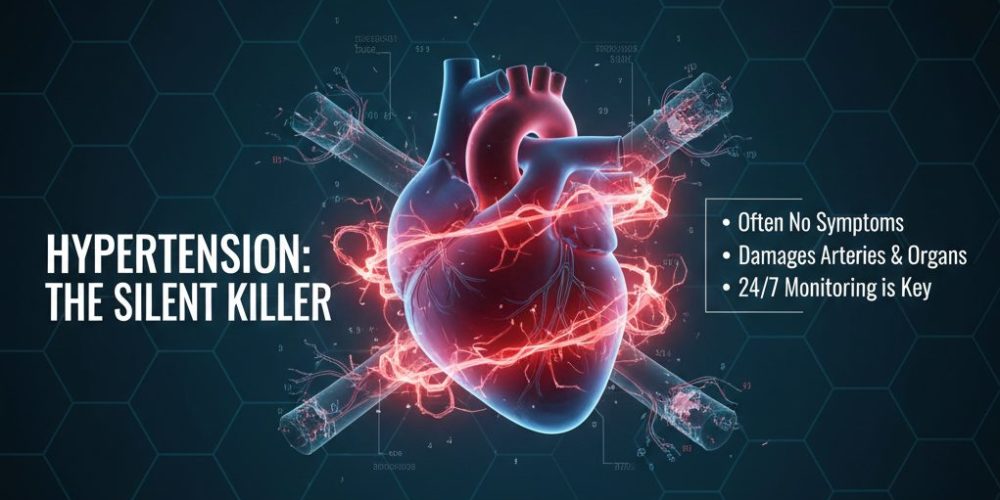Introduction
Federally Qualified Health Centers (FQHCs) are on the brink of a transformative change. As of July 25, 2025, the Centers for Medicare & Medicaid Services (CMS) has eliminated modifier complexities by approving the use of Remote Patient Monitoring (RPM) codes for FQHCs. This development promises to drive digital health forward, enhancing chronic disease management and preventative care—especially in underserved communities.
Recent shifts in CMS guidelines, detailed on CMS.gov , have paved the way for innovative platforms like ProWellCare to redefine how FQHCs manage RPM billing while maximizing patient outcomes.
The Evolution of RPM Billing for FQHCs
Past Challenges and New Opportunities
Historically, FQHCs encountered significant hurdles with RPM billing. The reliance on modifiers created confusion and often led to reduced reimbursements or outright denials—even when RPM services demonstrated tangible benefits in managing chronic illnesses.
Key challenges previously included:
- Modifier Complications: Ambiguities in billing modifiers significantly restricted RPM use.
- Limited Reimbursement: FQHCs often faced denial of claims due to non-standardized coding practices.
- Operational Inefficiencies: Time-consuming manual processes reduced the capacity for proactive care management.
With the CMS’s recent update, FQHCs can now use standard RPM CPT codes (99453, 99454, 99457, and 99458) without modifier restrictions. This policy change is expected to be a game changer, providing FQHCs with a clear path toward improved billing accuracy and patient care.

How ProWellCare Is Leading the RPM Revolution
At ProWellCare, we recognized the impending regulatory shift and have developed a comprehensive RPM solution tailored for the unique operational needs of FQHCs. Our platform is designed to empower FQHCs by simplifying billing processes and optimizing patient monitoring workflows.
ProWellCare’s Key Features for FQHCs
- CMS-Compliant Billing Engine: Seamlessly integrates new RPM codes (99453, 99454, 99457, 99458) into your billing workflow with zero modifier complications.
- Automated Time and Compliance Tracking: Supports accurate tracking of patient monitoring sessions and two-way communication, ensuring every minute counts.
- Integrated Patient Engagement Tools: Includes multilingual support and automated alerts, assisting in patient education and improving adherence.
- Flexible Data Entry Options: Supports both manual and device-based readings, making it accessible for patients with varying levels of digital literacy.
- Dedicated Support: Our expert team is available to onboard FQHC staff, ensuring a swift and smooth transition to the new billing environment.
This upgrade means more reliable reimbursements, a proactive approach to healthcare delivery, and, ultimately, better outcomes for underserved communities.

Why This Update Matters for FQHCs
This CMS policy revision is far more than a technical update—it’s a strategic enabler for value-based care:
- Improved Access: By removing modifier-related barriers, more FQHCs can now incorporate RPM into their service mix.
- Enhanced Patient Outcomes: Continuous, real-time monitoring allows for early intervention in chronic diseases such as diabetes, hypertension, and COPD.
- Economic Efficiency: Automated billing and compliance checks reduce administrative overhead, freeing up resources to focus on patient care.
- Scalable Healthcare Delivery: The integration of digital health tools ensures that FQHCs remain at the forefront of rural and urban healthcare innovations.
.
Conclusion
The integration of RPM codes for FQHCs is poised to elevate the quality of digital healthcare—a vital step forward in managing chronic conditions within underserved populations. ProWellCare is proud to lead the charge, offering an RPM software solution designed for simplicity, efficiency, and superior patient care.
Ready to transform your FQHC’s approach to digital health? Schedule a demo with ProWellCare today and join the healthcare revolution starting July 25, 2025.



